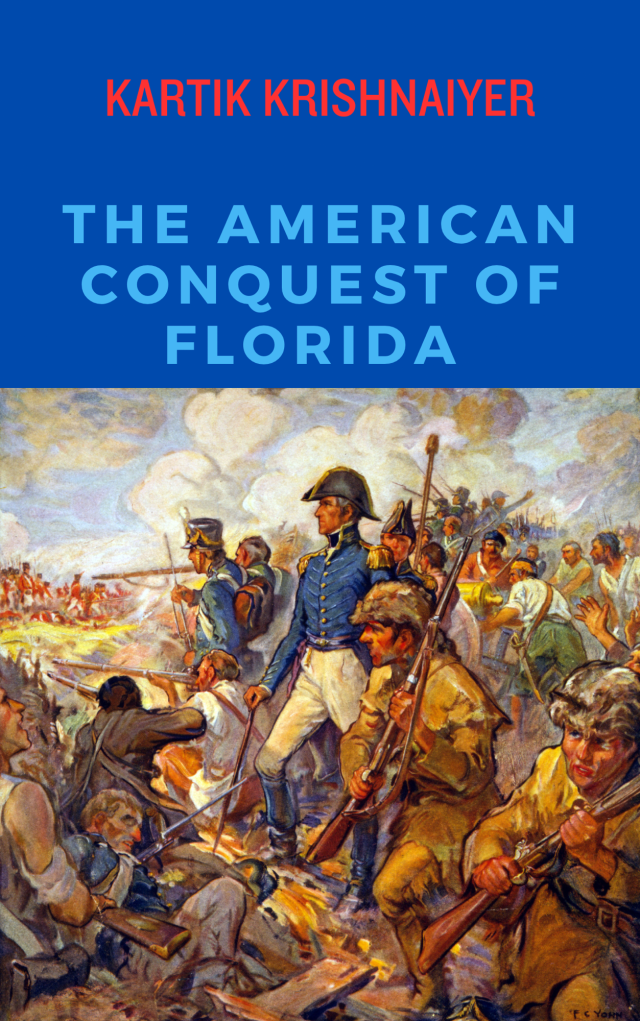
By No machine-readable author provided. Theshibboleth~commonswiki assumed (based on copyright claims). – No machine-readable source provided. Own work assumed (based on copyright claims)., CC BY-SA 3.0, https://commons.wikimedia.org/w/index.php?curid=553944
Vice News excellent A World in Disarray documentary that has aired on HBO this month opens up several serious questions about the reaction of the Obama Administration to conflicts in Syria, Ukraine and elsewhere. Much of the documentary was focused on the growing Chinese hegemony as well as the subtle ways China has grown its power and influence. North Korea also featured prominently and the Chinese agenda there.
The documentary portrays a fairly damning picture of the actions or inaction if you prefer of the Obama Administration in key conflicts, though it does . It also makes clear the intent of Russia to be ascribed great power status. The film relies heavily on the testimonials of neoconservative thinker Francis Fukuyama, former Bush Administration official Richard Haas who is the Chair of the Council on Foreign Relations, Condeleezza Rice, Ash Carter Samantha Power and Tony Blair (someone almost nobody on either end of the political spectrum wants to see or hear from). The documentary does take an intense lens in contemporary conflicts in a way so few American-based programs have and for that it is invaluable. However, it’s loaded with ” pure foreign policy thinking,” if you will, which to me is an unwillingness to understand how domestic political considerations guide US and western policies at a certain point in time.
While in hindsight historians may see the Obama years as a time the seeds were planted for the world to fall into disarray and perhaps partially correctly spurred on by American inaction or half measure, you can not discount the national sentiment in the wake of costly and bloody wars in Iraq and Afghanistan. Any proper reading of why President Obama wasn’t more willing to enforce red lines in Syria or confront Russian aggression in Ukraine has to be viewed in the context of the Iraq War syndrome that dominated domestic political thinking. A counter-reaction to the knee-jerk jingoism and flag waving that followed the 9/11 attacks, the Obama foreign policy was based around multilateralism and faith in global institutions, ones that often fail to prevent humanitarian or geopolitical catastrophes. Both approaches were extreme and neither really worked it can be surmised. But what will work is an open question.
One exception to this general instinct from the Obama Administration was Libya, where American and western intervention probably created far more problems than were in place previously. The lessons of Libya were never really discussed in this documentary or in analysis of Obama’s non-intervention in Syria. While Democrats have consistently tried to make any discussion of the Benghazi tragedy tantamount to a political witch hunt, the instability caused by US/western intervention in Libya can never be lost on the analysis of inaction elsewhere – and perhaps impacted the Obama team’s thinking about Syria.
On the surface it might appear the timidity and faith in multilateral institutions from the Obama Administration was ill-conceived, but so much was down to domestic political considerations and the wake of the debacle in Iraq. Time will tell how historians view this era and the context they choose to place it in.







What about international considerations? Iraq was ready to divide into thirds; the 2003 invasion put these deadly wheels in motion. Syria was a hornets nest waiting for the US to punch it. One thing we learned in Iraq, is that as much as radical Shiites and Sunnis love killing each other; the love killing Americans even more. This is a painful lesson we have, by in large, not had to re-learn in Syria and Libya.
LikeLike
Correct. I think certainly Obama’s administration in hindsight made mistakes. But Iraq syndrome goes both ways – good point not just domestic but breaking it and owning it was the single biggest US strategic error of the the post-Vietnam era. I’d also point out H.R. McMaster’s history of service in Iraq gives me hope. He had the right idea “clear, engage, hold, destroy” or whatever when he was a Colonel on the ground. His view was rejected by the authorities who wanted rapid de-baathification and to disband the army. McMaster wanted to clear and engage to win goodwill before doing the holding and destroying of a then clearly IDed enemy. Bremer and Rumsfeld were not willing to take this prudent course.
LikeLike